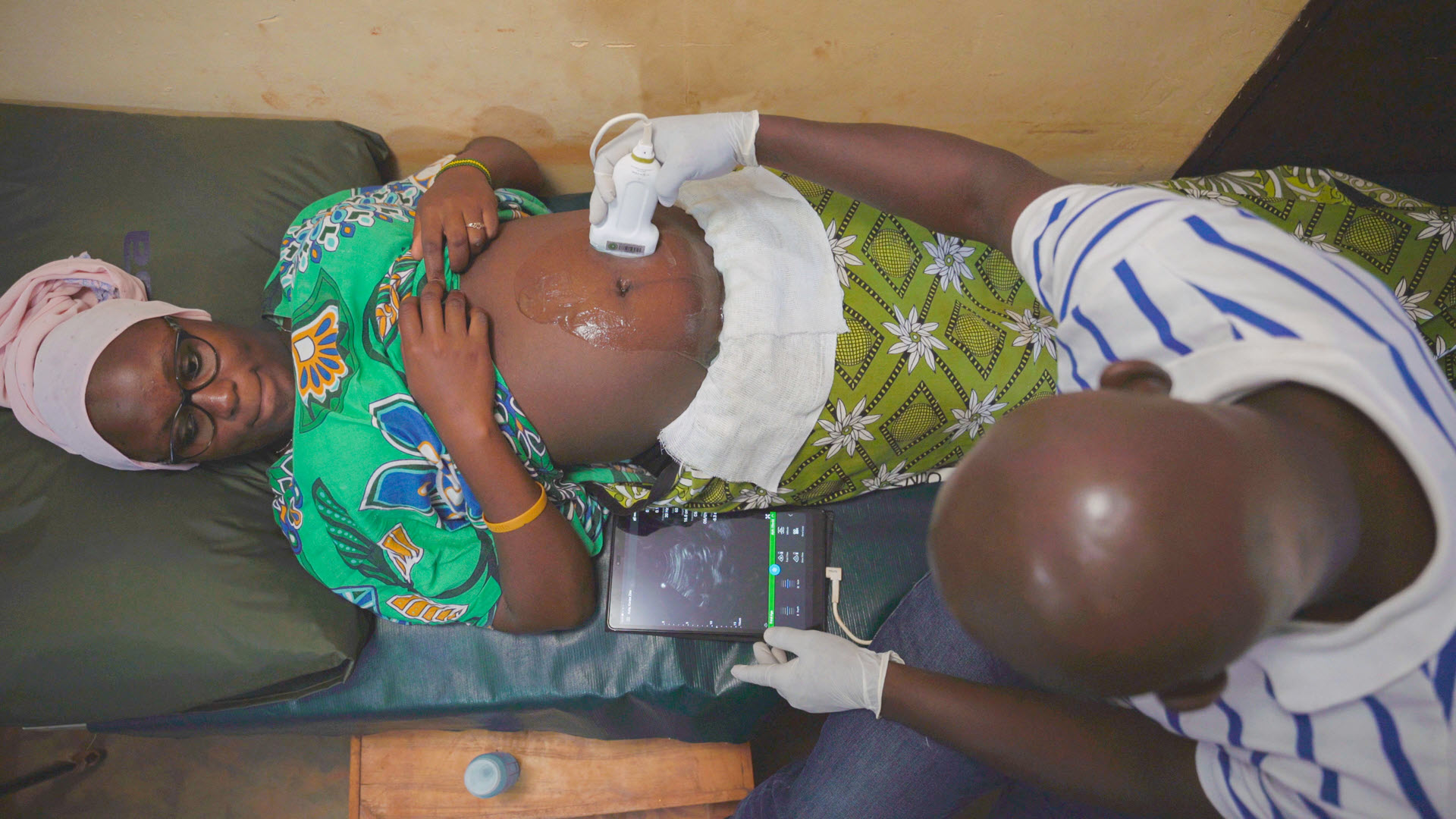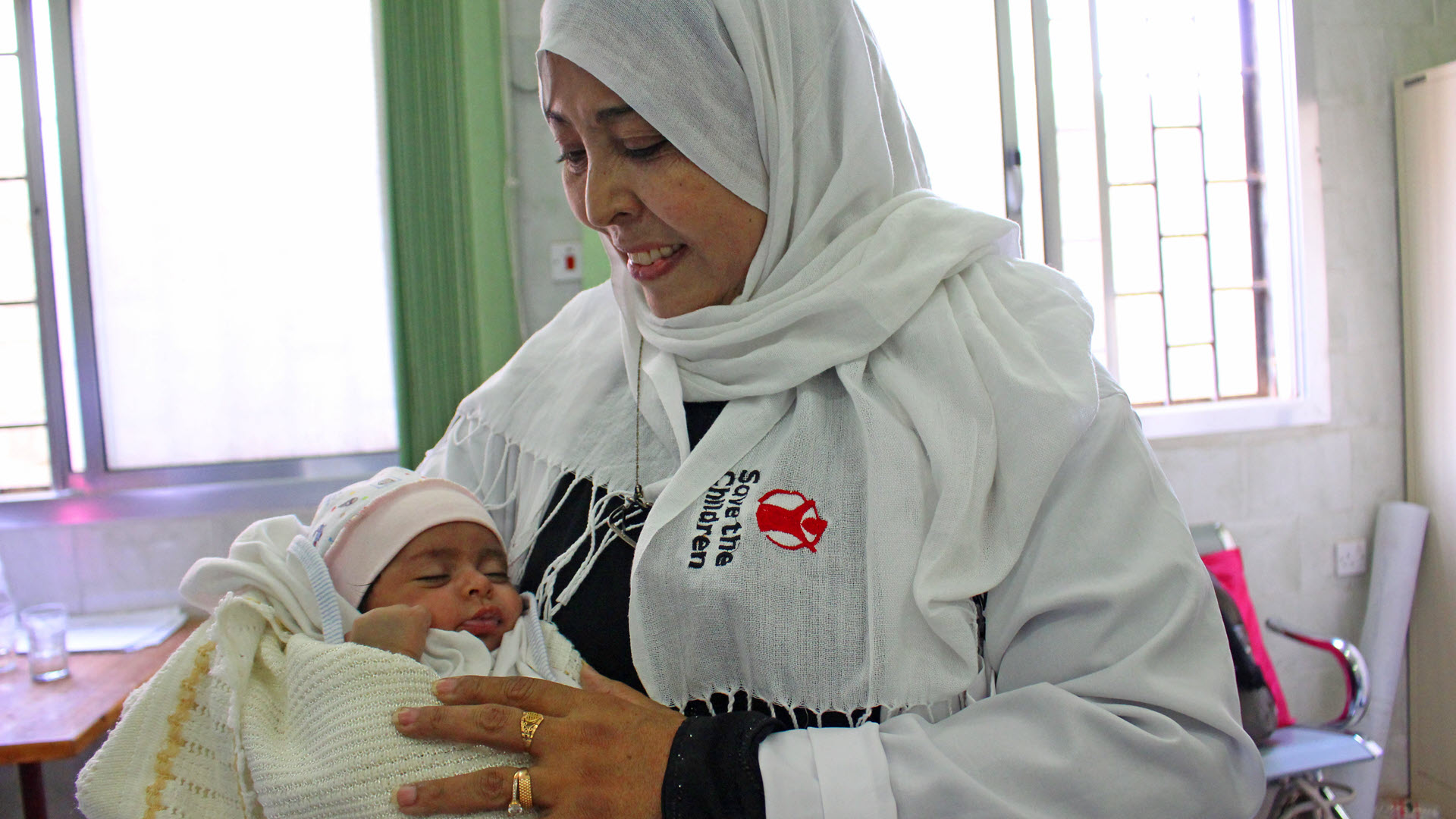In Nigeria specifically, NCDs are responsible for 27% of recorded deaths [1], and the country is falling behind on providing preventative care for strokes and heart attacks. There is also little access to rehabilitation, which creates a burden on families of stroke survivors as they have to care for their loved ones.
This is why the Philips Foundation is exploring the possibilities of deploying Philips' expertise in stroke care in underserved settings, and supporting several projects designed to identify best practices and scalable initiatives to create a bedrock for better stroke care.
Community-based stroke rehabilitation in Nigeria
The Life After Stroke Centre (LASC) Onitsha, established by Stroke Action Nigeria, has now been operating for five years. It has provided over 200 stroke survivors with community-based rehabilitation, secondary prevention and psychosocial support. It supports their return to work as a ‘stroke survivor entrepreneur’, a role created during roundtable discussions between social entrepreneurs and Philips employees who took part in the Ashoka-Philips Foundation partnership. The partnership ran from 2018 to 2021.
The interventions delivered at the center are based on data from studies conducted in high-resource settings, as there is very little evidence from lower-income settings. The program has been adapted to enable non-healthcare professionals to provide support, under the guidance of healthcare professionals. It also takes into account that stroke survivors in Nigeria tend to have more functional deficits post-stroke than stroke survivors in high-resource setting studies.
To determine if this intervention is effective, and to address the lack of research in these settings, Philips Foundation is supporting this new study into community-based stroke rehabilitation care in Nigeria, specifically the Nigerian Life After Stroke Centre (LASC) Program. Prior to doing the necessary research in these settings, we wanted to go a step further.
How do we ensure that concrete results do not remain on the shelf, but lead to follow-up research, additional funding, and in the end, tangible initiatives?
A new platform to make stroke research funding more accessible
Gaps in stroke care research are exacerbated by how competitive funding streams can be. To address this, it is important to consider alternative or complementary sources of funding. To this end, Philips Foundation is supporting the development of a new online platform called Collavidence to increase stroke research funding, collaboration in this field, and the overall quality of the research produced.
This platform will not only focus on research funding available in LMICs, but it will also allow to determine if the crowdfunding model is a viable alternative to traditional sources of stroke research funding, as well as the extent to which crowdfunding platforms can facilitate donor engagement and funding success for diverse proposals. The platform will pay particular attention to the representation of disenfranchised groups, to determine if it outperforms traditional grants in terms of female and early-mid career-stage researchers.
Philips Foundation published the article in light of World Stroke Day, observed on October 29, to underscore the serious nature and high rates of stroke, raise awareness of the prevention and treatment of the condition, and ensure better care and support for survivors, everywhere.
---
[1] WHO (2022). Noncommunicable Diseases Progress Monitor 2022







